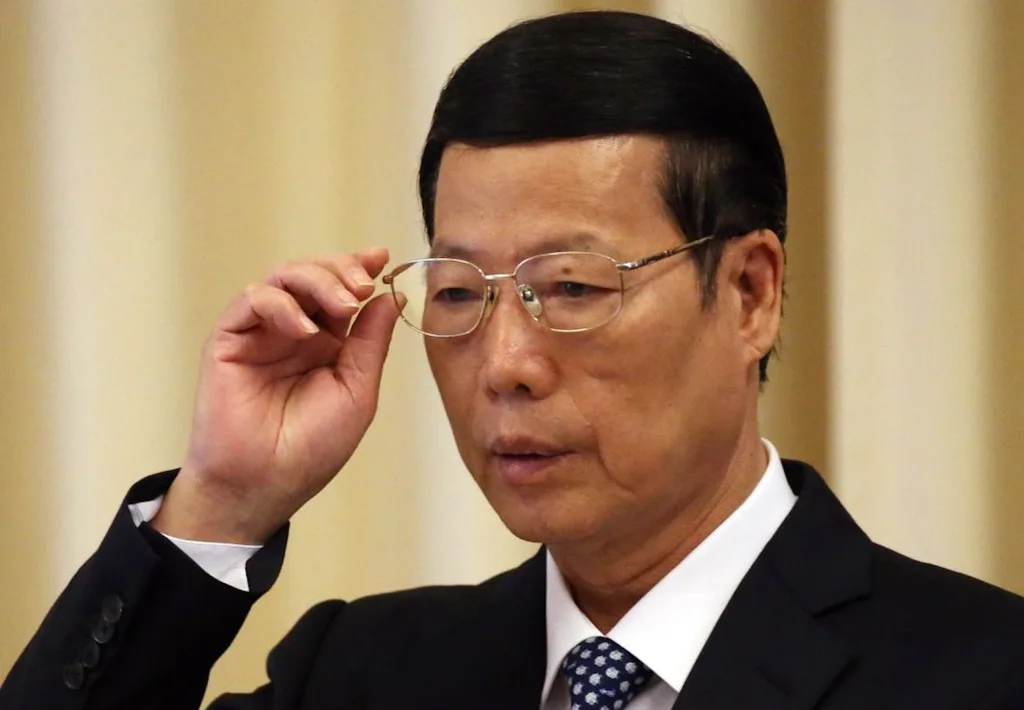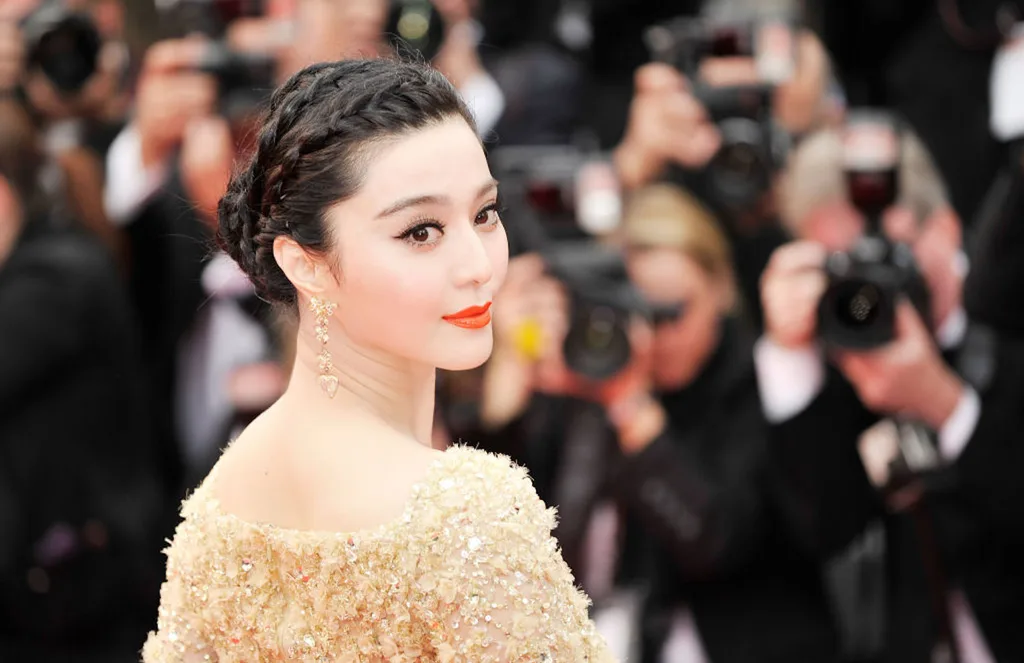Chinese tennis star Peng Shuai accused a powerful Communist Party official of sexual assault in early November. She hasn’t been seen since – and fears are growing for her safety.
Shuai, 35, reportedly posted from her verified Weibo account in early November, accusing former vice premier Zhang Gaoli, 75, of assaulting her in his home. (The post was unable to be verified, although the Washington Post reported that signs of “vigorous online censorship” were evident.)
It sent “shockwaves” through China, the Post reported, as public accusations against senior politicians are virtually unheard of.
Now, Shuai has disappeared – a practice not uncommon in China under President Xi Jinping, used on everyone from corrupt politicians to those who criticise the government.
“I am devastated and shocked to hear about the news of my peer, Peng Shuai,” Serena Williams posted on Twitter. “I hope she is safe and found as soon as possible. This must be investigated and we must not stay silent. Sending love to her and her family during this incredibly difficult time. #whereispengshuai.”
Naomi Osaka joined the chorus. “Hey everyone, not sure if you’ve been following the news but I was recently informed of a fellow tennis player that has gone missing shortly after revealing that she has been sexually abused,” Osaka wrote on Twitter. “Censorship is never ok at any cost, I hope Peng Shuai and her family are safe and ok. I’m in shock of the current situation and I’m sending love and light her way. #whereispengshuai.”
The Women’s Tennis Association (WTA) has threatened to pull tournaments from China unless satisfactory evidence of Shuai’s safety is issued. It came after the WTA received an email alleging to be from Shuai, claiming she was safe and sound.
“I have a hard time believing that Peng Shuai actually wrote the email we received or believes what is being attributed to her,” WTA Chairman and CEO Steve Simon said in a statement. “Peng Shuai displayed incredible courage in describing an allegation of sexual assault against a former top official in the Chinese government. The WTA and the rest of the world need independent and verifiable proof that she is safe. I have repeatedly tried to reach her via numerous forms of communication, to no avail.”
The email—which started with “Hello everyone this is Peng Shuai”, according to Chinese state media—claimed that reports of both the sexual assault and her disappearance were “untrue”.
“I’ve just been resting at home and everything is fine,” the email read. “Thank you again for caring about me.”

What happens when someone disappears?
It’s impossible to land on exact figures, but some experts estimate that upwards of one million people have disappeared under President Xi. When the Communist Party leader took power in 2012, he introduced new laws to crack down on dissent and detain people indefinitely.
The treatment people are subject to when they go missing varies from case to case. Some people might simply be forced to lay low for a while, while others might be subject to prison-like conditions or even torture, according to some experts.
“There are any number of really cruel practices,” Michael Caster, a researcher and author of The People’s Republic of the Disappeared, told the BBC in 2018. “Sleep deprivation, around the clock interrogation with physical abuse. People are made to stand in stress positions, there is sexual humiliation, they are beaten, punched with batons or receive electric shocks.”
Caster says that it usually follows the same three steps: a person disappears and it takes days (or weeks) for an official confirmation it’s even happened and why; then there’s a public apology and confession; and then finally there’s a punishment of more detention, jail time, or a fine.
In 2018, Fan Bingbing, one of China’s highest-paid actresses, went missing from June to October amid tax evasion allegations. When she emerged, she posted a lengthy apology and agreed to pay $US167 million ($230 million) in fines. And in 2020, Alibaba founder Jack Ma disappeared for three months after criticising China’s regulatory system.

Peng Shuai’s disappearance is somewhat different. It was a sign the #MeToo movement was starting to gain momentum, fresh off the back of two public (and uncensored) cases of men facing consequences for sexual assault. Chinese feminists saw Shuai’s statement as the next positive step.
“We are all very nervous about what will happen to her,” Lu Pin, a US-based Chinese feminist campaigner, told the Post. “At the same time, we feel this is something very important that has happened.”
What accusations did Peng Shuai make?
In the post circulating on Weibo, Shuai claims that Zhang and his wife invited Peng over to their house three years ago, following Zhang’s retirement. Peng says Zhang then pressured her to have sex.
“That afternoon I didn’t agree at first and kept crying,” she reportedly said, according to the Post.
The lengthy statement described how Peng eventually agreed to an affair with Zhang, and that she was angry he insisted on keeping their relationship a secret.
“I know I can’t say it all clearly, and that there’s no use in saying it,” the post said. “But I still want to say it.”
To access support around issues of sexual assault, please contact 1800 RESPECT on 1800 737 732.










